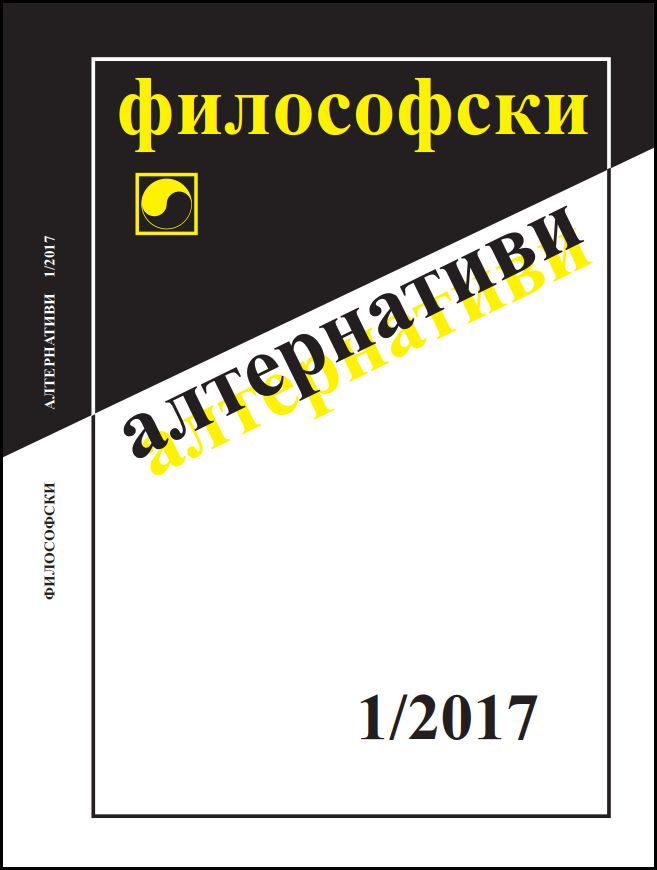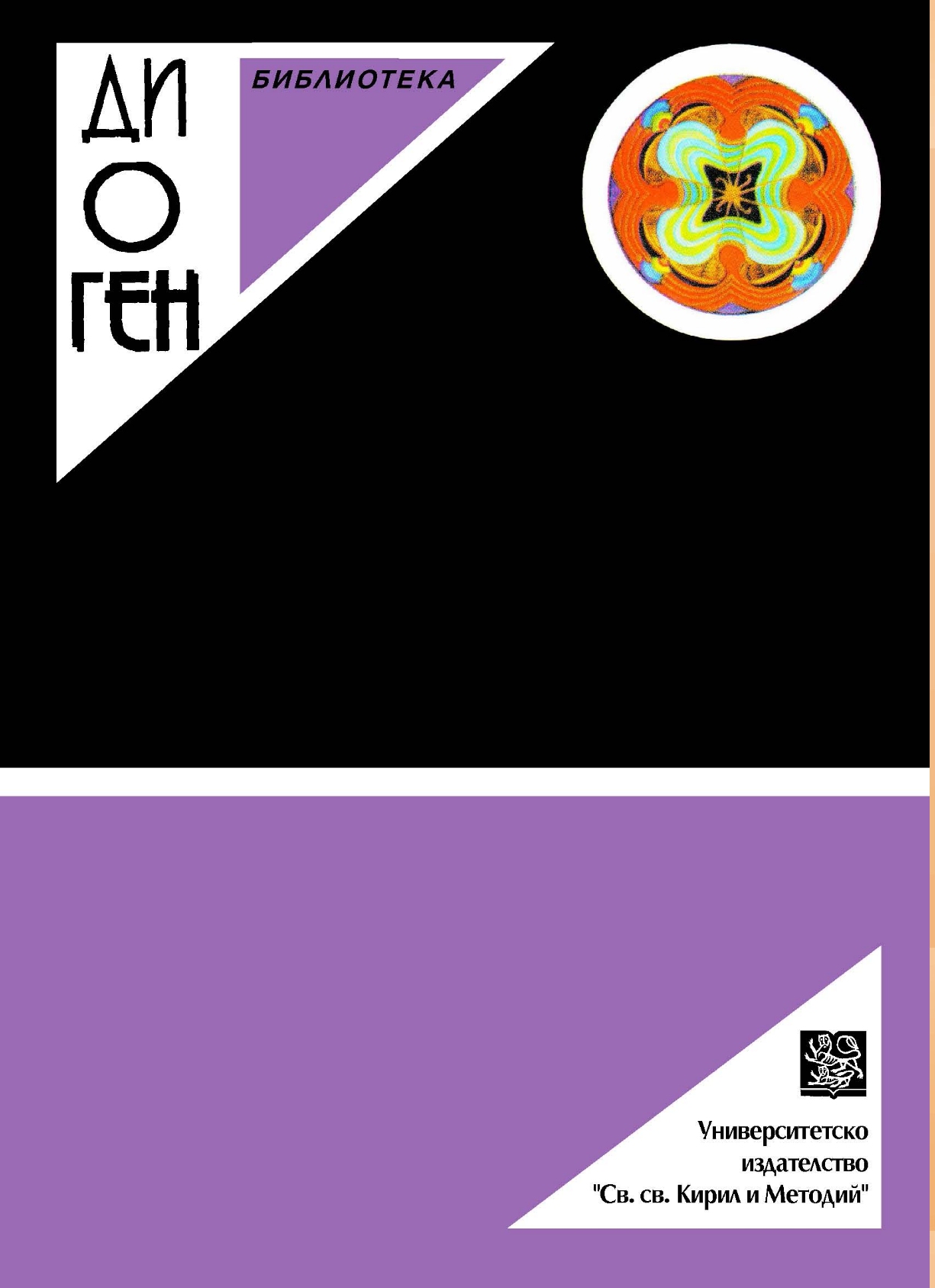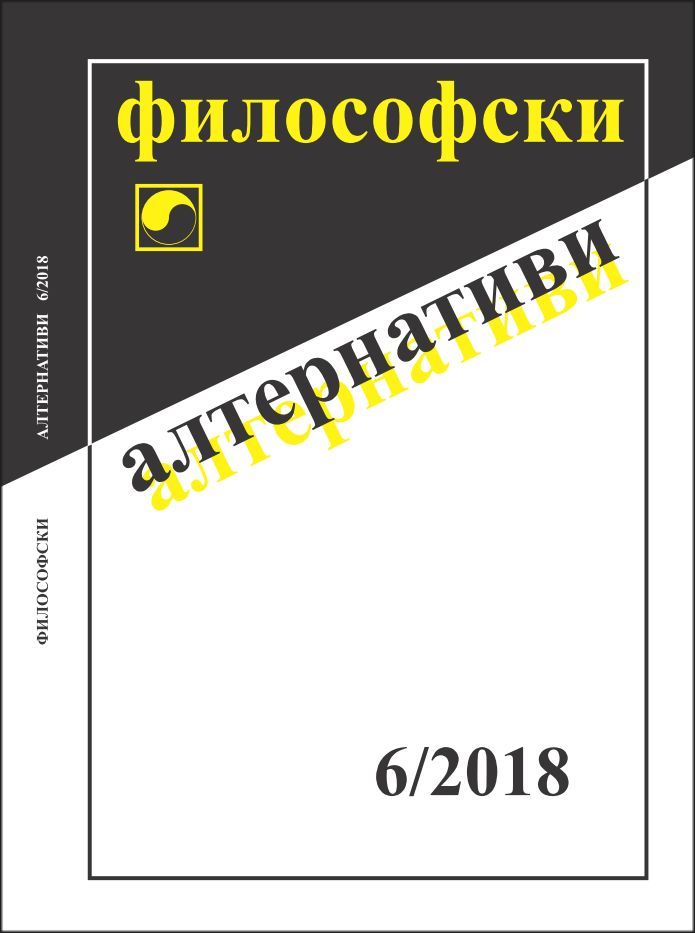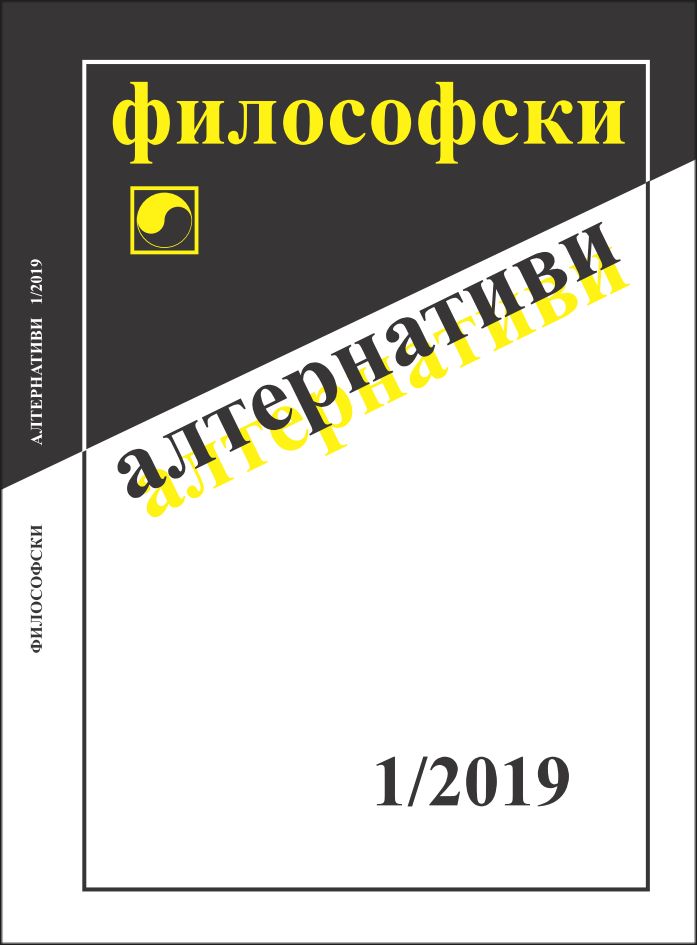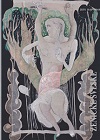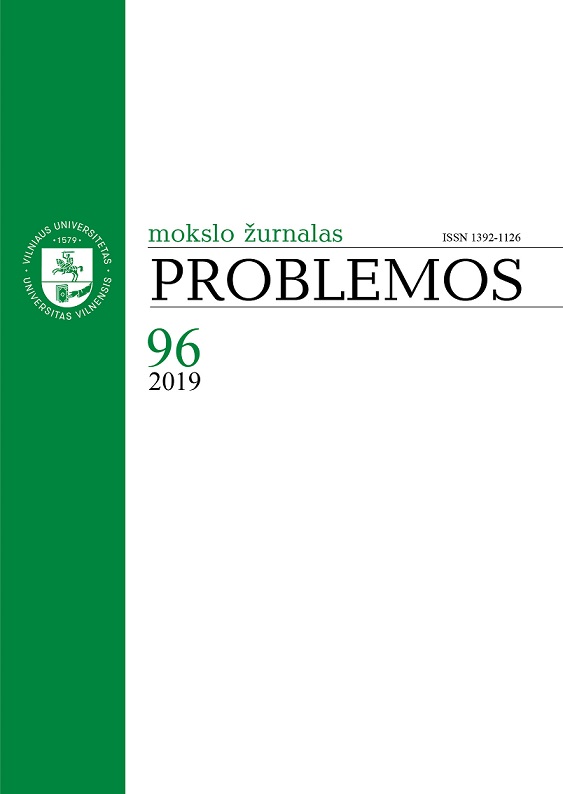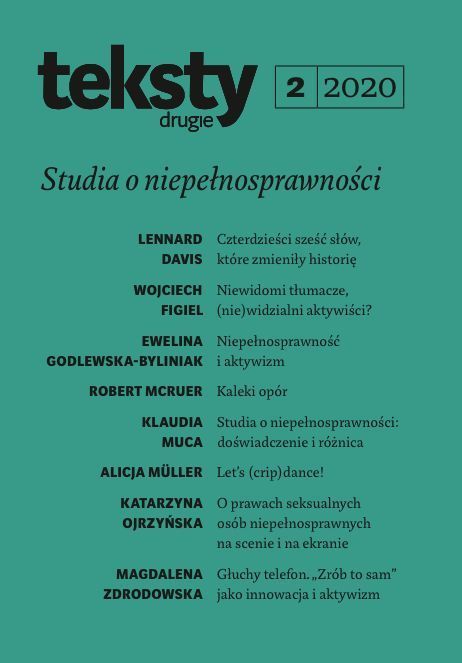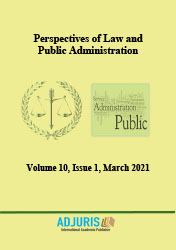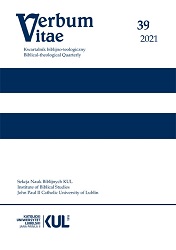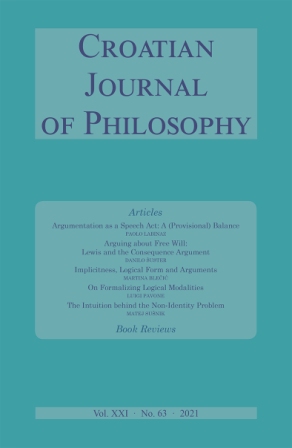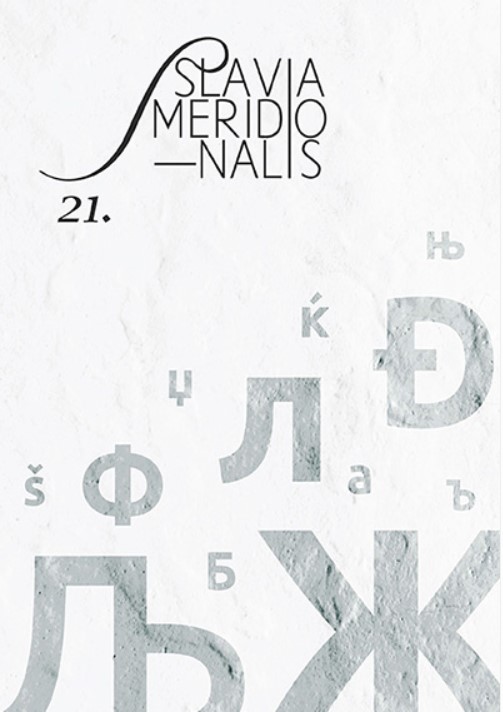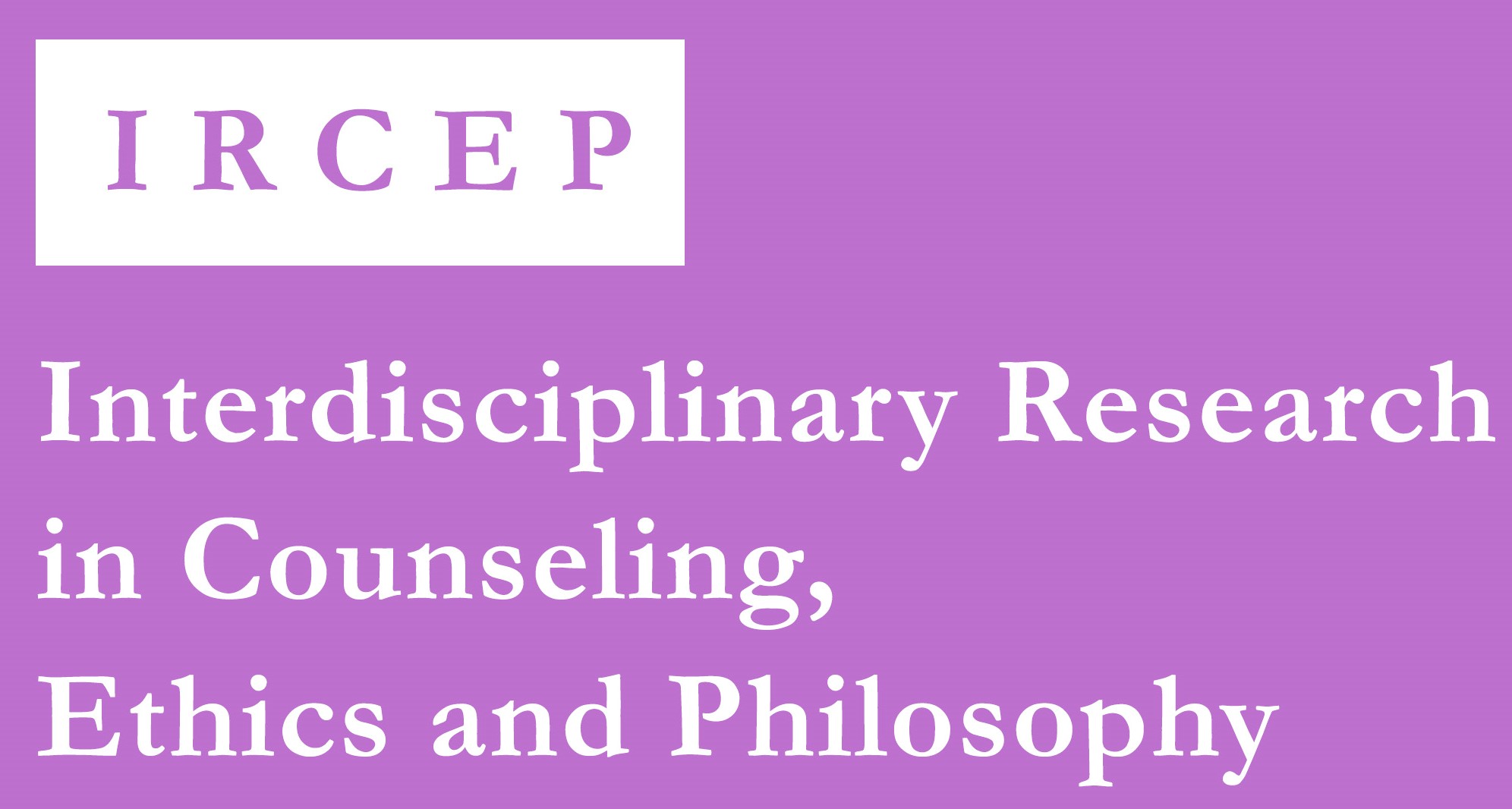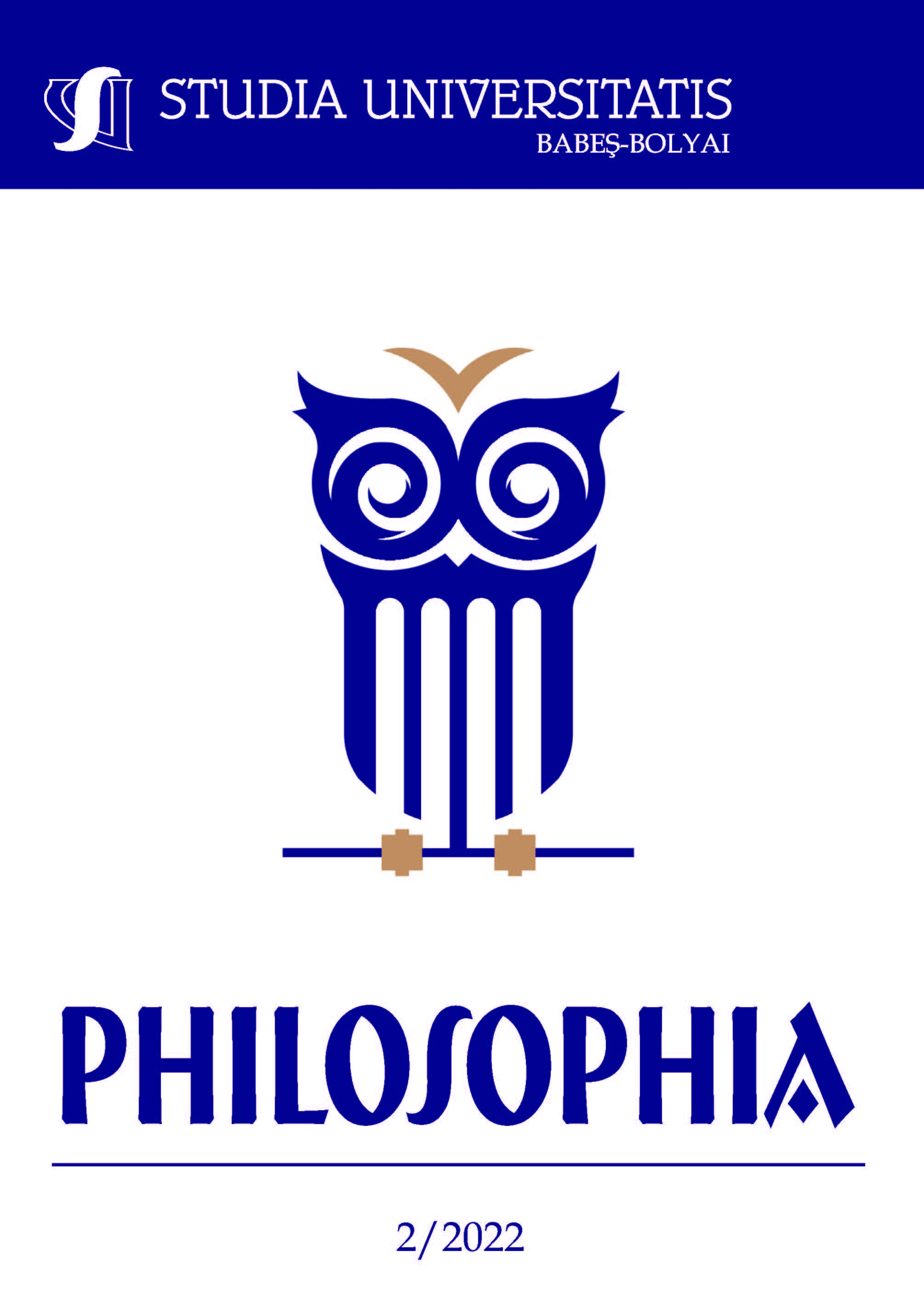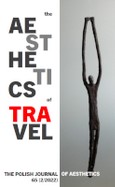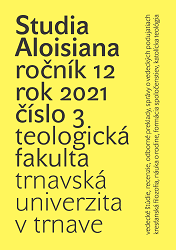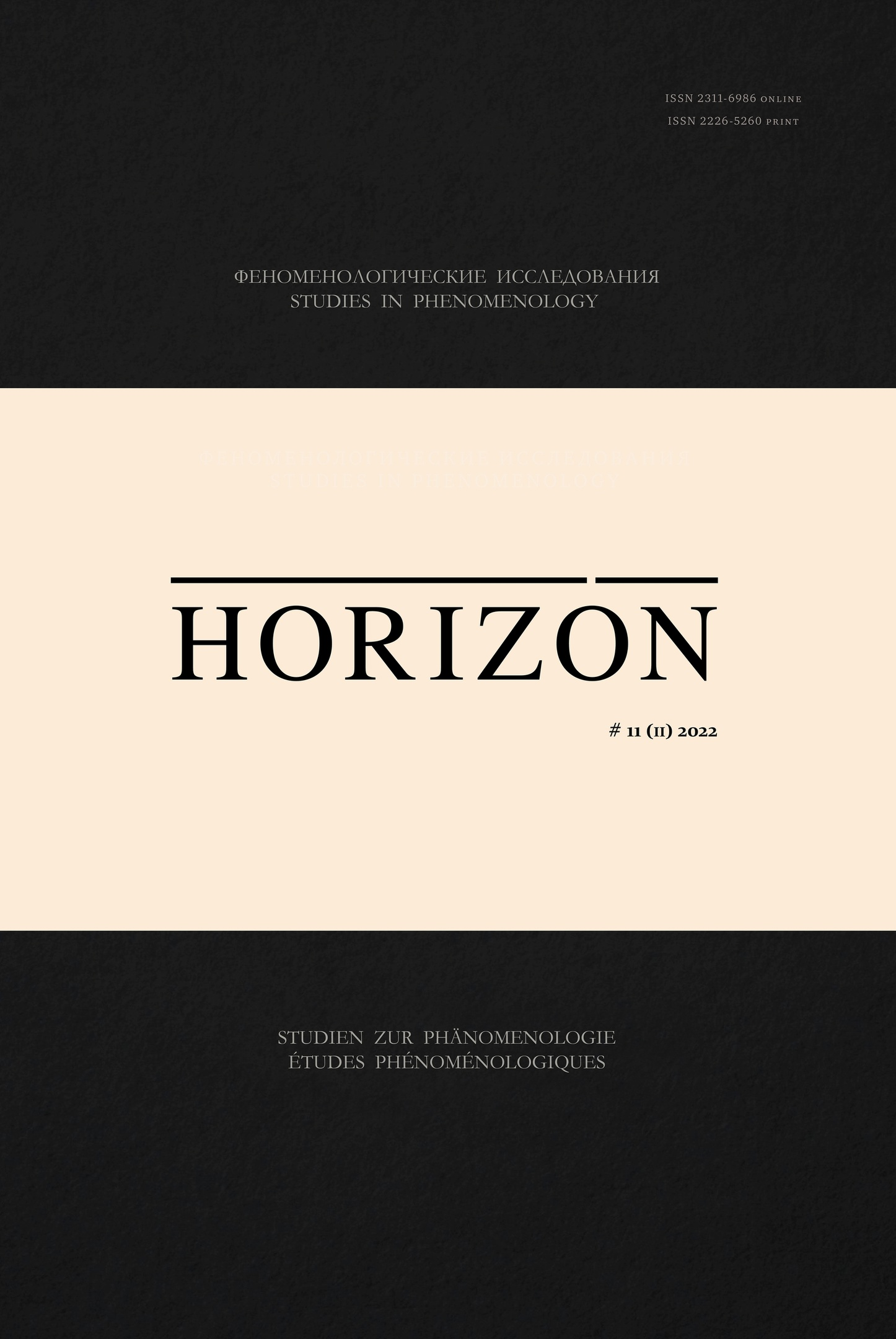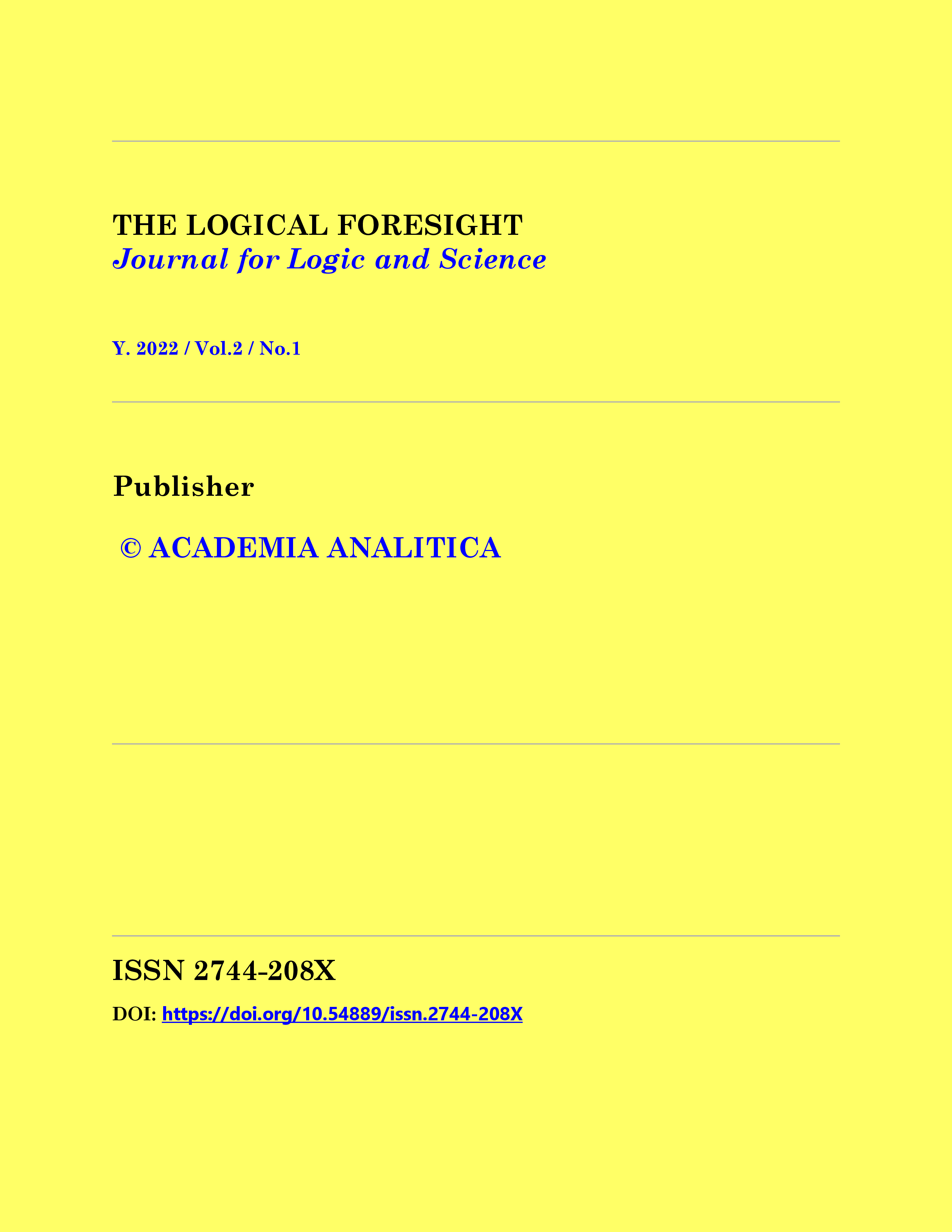Viis tõdemust filosoofia tõlkimisest
This paper presents five practice-based reflections on the translation of philosophical texts into Estonian. It is mainly the translation of analytic philosophy that is taken into consideration. The main claims of the paper are the following: 1) The variety of philosophy itself should not be overlooked when discussing the translation of philosophy; 2) Special terms should be translated consistently but only in the contexts wherein these words occur as terms; 3) Translating philosophy cultivates the language to be used for doing original philosophy in the native language; 4) The language of translation should make sense and be free from exaggeration and gratuitous „showing-off” on the part of the translator; 5) The translation of philosophy is not the same as the doing of philosophy, but it is also valuable. By way of examples, some difficult cases (such as the terms ‘mind’ and ‘physical’) are discussed in more detail.
More...
